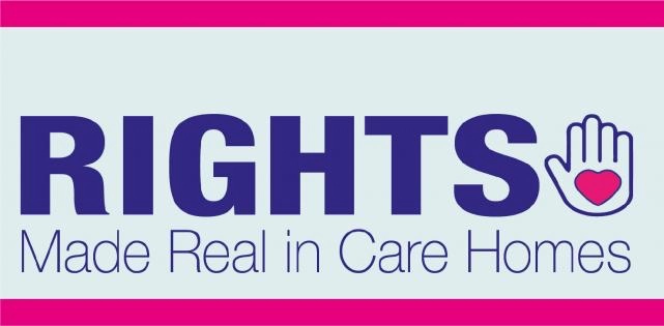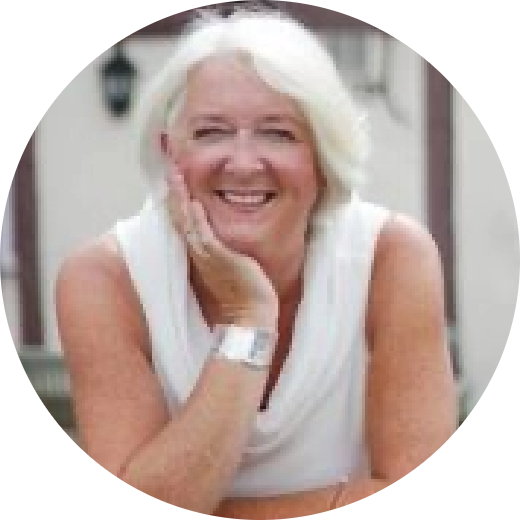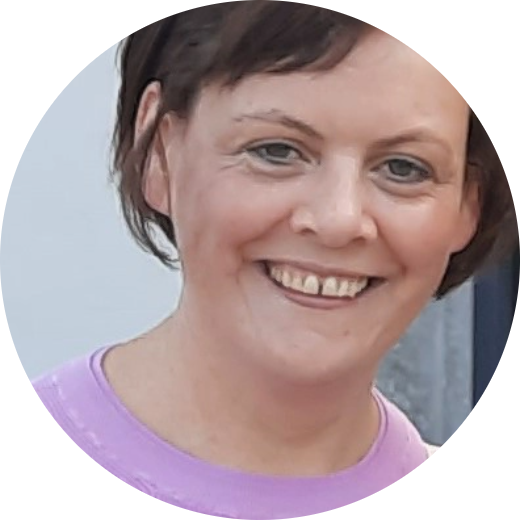
Project Co-leads

Professor Belinda Dewar PhD, MSc Nursing, RGN, RCNT, BSc Health Studies,
I have worked for many years ( I am quite old now) across different countries doing the things I love. I have had many roles as nurse, teacher, facilitator of learning, researcher and a role model ( I hope) for leadership and developing enriched positive caring and learning cultures. A strand that threads through all of my work is the belief that in every system, happening or relationship something works well. I believe that there is transformative potential in noticing these happenings, amplifying these and supporting people to enable them to happen more of the time. I work with a range of fabulous colleagues to develop approaches that build on what currently works and understand why these work; uncover practices and experiences that are known but rarely said; develop approaches that are inclusive and can be used in everyday work and life; and are provocative and make real differences to people.
Currently my work involves working with a range of health and social care organisations to develop cultures that promote practices that ignite our curiosity and inspire people to work together on what we care about.
I am currently Visiting Professor at Robert Gordon University in Scotland as well as the Lead for My Home Life International and Director of WEE Culture. I have had the opportunity to work with a wide range of organisations such as NHS Education Scotland, Scottish Government, Life Changes Trust and voluntary organisations such as Alzheimer Scotland. My work has enabled me to share my knowledge and experience with others nationally and internationally which has resulted in new learnings and co-creation of ways of being that seem to make a difference. I enjoy sharing the learnings that have been co-created though many publications and discussions at events and gatherings such as conferences. I have been involved in the Rights Made Real programme funded by the Life Changes Trust from its inception as a learning partner. I feel excited to be given the opportunity to continue working on this important project.
I feel excited because I am still learning about this important topic of human rights in care homes and so keen to learn more. I am also excited about my new awareness about the comfort I feel with what I don’t know yet.
Something I am curious about as we move forward with the project are the ripples and movement that the different opportunities that are on offer to care homes will create and how we might celebrate and share this in a way that people can hear.

Edel Roddy, PhD, MA (Pastoral Care and Leadership), BSc (Nursing),
I previously worked as a nurse for 14 years, and I was fortunate to spend a fair chunk of that time in care of the older person units in hospitals and in care homes. I have a fascination for learning about what helps us to feel safe, to be true to ourselves and to connect with others, in our work and wider relationships; this fascination led to further study and research which landed me in Scotland (from Ireland).
Projects I have been involved in since arriving in Scotland include: exploring the experience of inspection in care homes, from the perspective of all involved and exploring the concept of community in care homes. Both these projects involved a whole range of people coming together to explore what was currently working well, and what felt real & possible to imagine for the future. What is always amazing is seeing how, whatever the starting point or topic, building capacity for relationships, learning and the realisation of fresh possibilities, can be such a source of energy and ideas.
I currently work with a number of health and social care organisations, where my work is centred on collaborative approaches to learning and development of resources and tools which help people to share with one another on what they care about.
I began working with the Rights Made Real Project in Jan 2021. Something a care home manager shared at that time was how coming out of the restrictions for care homes needs to have a ‘dimmer switch’ approach rather than full, bright lights, in that it needs to be gentle and paced. This has stayed with me. I feel hopeful that the variety of ways in which care homes can get involved will have this essence of being gentle and paced. I also feel moved by the commitment of collaborators on this project to create opportunities which are valued and enjoyed by people in care homes.
Something I am curious about moving forward is the language of human rights, the extent to which this language resonates with care home residents, and if there are ways of talking about human rights that particularly connect with what residents value and care about.


